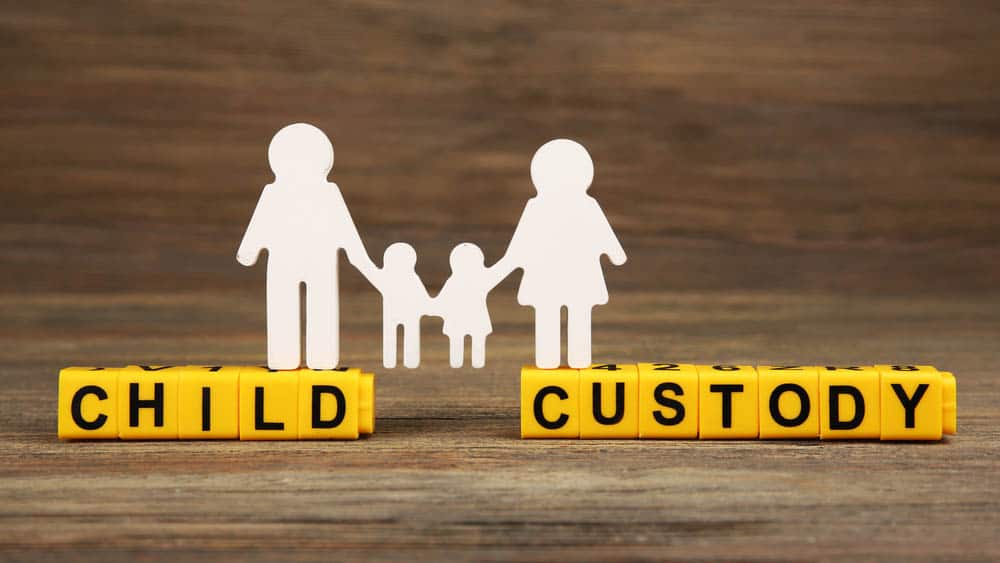On Custody After Divorce: What if the Child Refuses Visitation?

One of the most arduous parts of a divorce that involves children is establishing custody and visitation. For the family court, all custody decisions are ideally made with the goal of promoting the children’s best interests. This includes prioritizing their happiness, mental health, and security. Because of this, your preference as parents shouldn’t have any influence on the court’s custody rulings.
In cases when parents demonstrate great cooperation and are both fit to have custody of their children, the court is likely to award joint custody. This way, both ex-spouses have their children with them for an equal amount of time. If not, the court will assign primary physical custody to one parent, meaning the children will live with one parent most of the time, with limited visitation rights given to the non-custodial parent.
By law, both parents have to comply with the agreed-upon visitation schedule. However, instances arise when the child refuses to go when it’s time to visit the other parent, for one reason or another. If you find yourself in this situation, there are some things you need to know.
The Consequences of Visitation Refusal
No parent wants to force their child into the other’s home if the child clearly doesn’t want to. However, there are several ramifications if your child refuses visitation including:
- Sowing distrust between parents
You might become distrustful of your ex-spouse, questioning whether they may have done something harmful to your child that led them to refuse to visit. On the other hand, the other parent might be suspicious that you are manipulating your child against visiting them.
- Facing legal jeopardy
No matter the child’s reason for not wanting to visit your ex, you are still responsible for ensuring they’re following the visitation schedule as the custodial parent. If you don’t, you may be accused of interfering with or violating the agreed-upon schedule, which could lead to contempt applications and severe consequences including a change of physical custody.
What to Do When Your Child Refuses to Visit the Other Parent
If your child is refusing to stay with their other parent, here are the things you can do:
Find out the reason they don’t want to visit
Your child might be refusing to visit your ex for reasons that directly concern their safety. If this is the case, make sure to bring this to the attention of your attorney and other authority figures. If the reason doesn’t directly affect their safety, you may simply have to talk to your child and help them understand the situation better.
Notify the other parent
It’s best to notify your ex-spouse if your child is refusing to visit them. Make sure to do this in a method of communication that you can document. This will protect you in case you face legal ramifications for your child’s refusal to visit. Involving your ex also allows them to personally talk to your child about their refusal. This can help them understand their part in the situation and make them think about how to make visitations easier for your child.
Consult with your lawyer
Whatever happens, informing your lawyer of the situation is a wise decision. As experts, they can guide you on how to best approach the situation in a way that protects both you and your child.
For more information about custody and visitation rights, visit the Law Offices of Ian S. Mednick. We have been practicing for 15 years in Long Island courts, so our divorce lawyers can assist you if you have questions about your parental rights.
